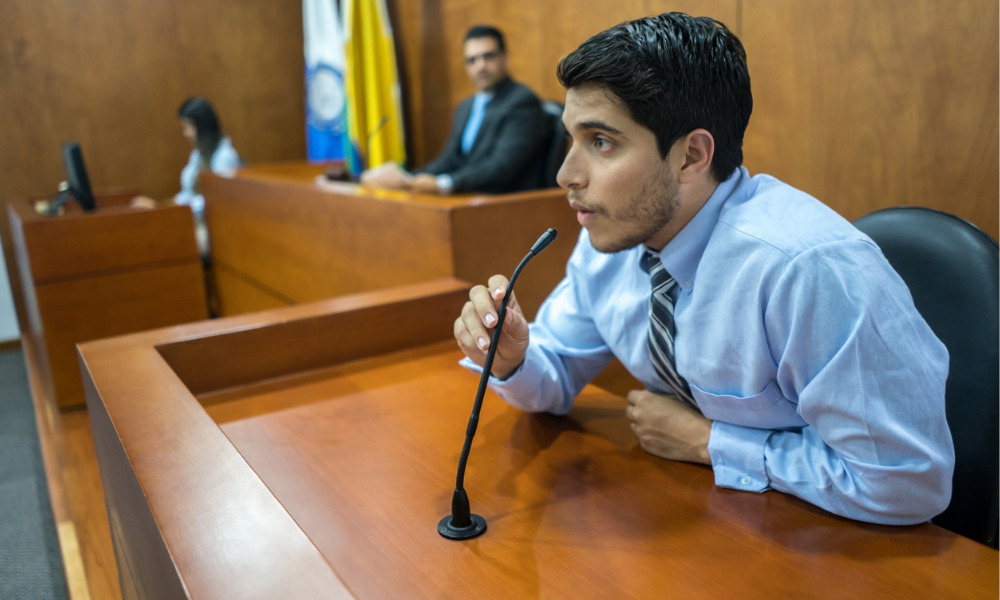
Scope of doctors' evidence limited to clarification of their expert reports: BC Court of Appeal

The British Columbia Court of Appeal has rejected an argument that a party calling a witness who is able to provide both expert opinion evidence and fact evidence should decide which type of evidence that witness should offer, finding that each type of evidence is governed by particular rules.
In Ford v. Lin, 2022 BCCA 179, the respondent’s vehicle rear-ended and pushed Connie Merai’s vehicle into the appellant’s vehicle. The appellant, who sustained soft tissue injuries, sued the respondent, who admitted liability.
The appellant testified that, immediately after the accident, she was disoriented and had pain over her left eye and a headache. She allegedly needed Merai’s help to exchange information with the other drivers. However, according to Merai, the appellant was able to converse normally and did not seem to be confused.
The trial judge awarded damages to the appellant on the basis that her injuries had substantially resolved in 2017. The judge, accepting Merai’s evidence where it conflicted with the appellant’s, held that the appellant was alert and lucid after the accident.
The judge allowed the appellant to call her family doctor and her chiropractor as both expert witnesses and fact witnesses but prevented the appellant from leading evidence of any statements or complaints that she made to the clinicians after the dates of their reports.
The appellant appealed, claiming that the trial judge erred by prohibiting certain fact evidence from her doctor and chiropractor, failing to excuse a witness from the courtroom when that witness’ evidence was objected to, and misapplying the “crumbling skull” rule” – a rule that the defendant need not compensate the plaintiff for the effects of an unstable, pre-existing condition
The BC Court of Appeal dismissed the appeal. First, it found that a party could call a witness to give both opinion and fact evidence but it should comply with the provisions of the Supreme Court Civil Rules, BC Reg 168/2009, that were applicable to each kind of evidence.
A party could tender an expert report in evidence but could not afterward call the expert as a fact witness regarding matters already addressed in that report, the appellate court explained.
According to the appellate court, the trial judge correctly confined the scope of the treating clinicians’ direct examination to what was necessary for clarifying their report’s terminology or for making the report more understandable. The clinicians should not be allowed to testify in direct examination to subjective complaints that the appellant made after the dates of their reports, said the court.
Second, the court found that the trial management power of judges covered the issue of whether to excuse a witness. The presence of the appellant’s family doctor in the courtroom did not impact the appellant’s ability to present her case and no one asked that witness to be excused, the appellate court noted.
Third, the appellate court found no errors in the judge’s consideration of the evidence. Lastly, the judge did not misapply the “crumbling skull” rule. The judge referred to the rule to acknowledge the submission invoking it, but it determined that the factual findings did not engage the rule, the appellate court said.